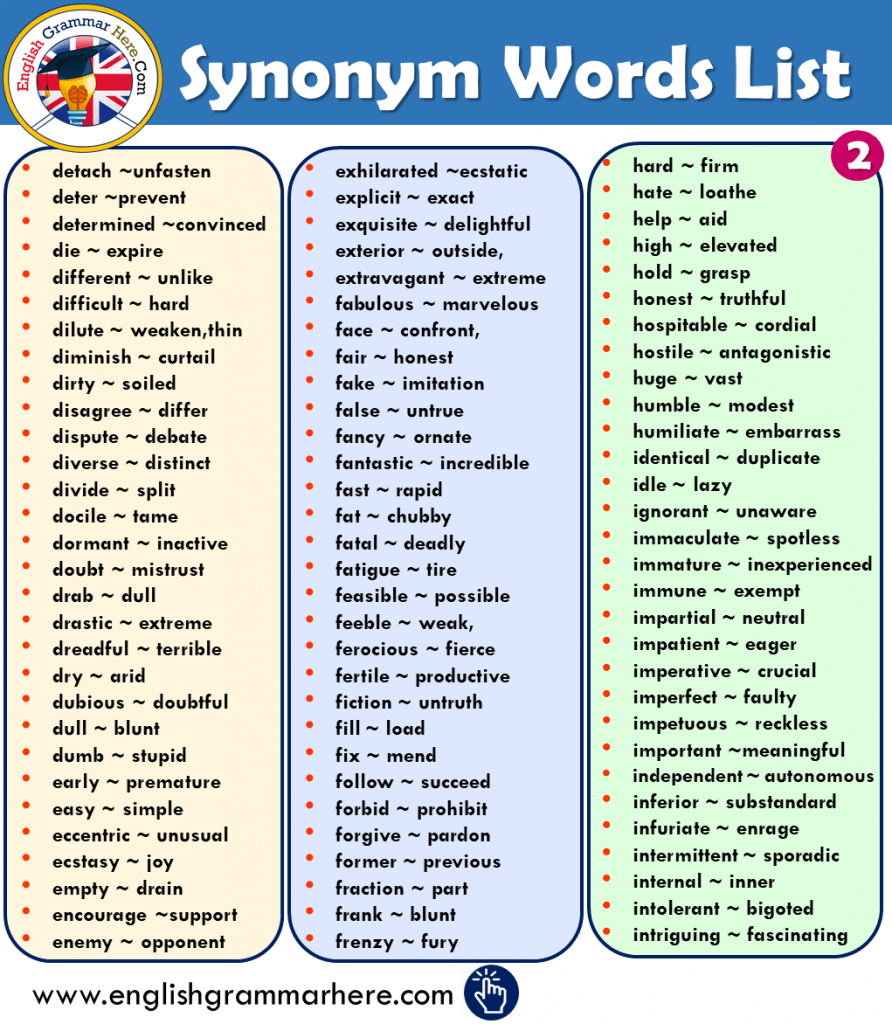

During the search evaluation process, we identified additional types of errors, such as failures in the analysis of concepts. Search mode errors occur because the descriptors are not searched in the field, either explicitly or through automatic mapping because they are not exploded (and, thus, their more specific terms are not retrieved) when searching in the text words field because automatic mapping is disabled by truncating descriptors or enclosing MeSH phrases in double quotes or because terms are not searched in free-text fields such as the title and abstract. The errors that affect recall occur for two main reasons: (1) missing terms (synonyms, morphological variations, and MeSH terms) and (2) the search mode for the descriptors. Strategies with errors that do not affect recall No search for MeSH terms in free-text fields

Searching for a MeSH phrase enclosed in double quotes Missing Medical Subject Headings (MeSH) terms Truncating search terms or phrases enclosed in double quotes No truncation or truncation in inadequate places Strategies with errors that affect recall Our main objective is to evaluate the search strategies of systematic reviews in PubMed to identify errors, analyze their impact on information retrieval, and propose solutions.

Given that such errors are related to the characteristics and functionalities of the database and its retrieval language syntax, we propose to fill this gap in the literature in this study. However, to date, no studies have evaluated search errors in studies using MEDLINE/PubMed. This interface has advantages such as free access, slightly greater sensitivity than MEDLINE-Ovid in searches for systematic reviews, status as the most current database, and information from sources other than MEDLINE, such as online books and articles from life sciences journals, making PubMed the preferred option for conducting literature searches. Various studies have confirmed that PubMed is the interface that authors most frequently use. MEDLINE is the medical database that is most frequently used in systematic reviews to find information and is accessible via different interfaces. Of reviews in the Cochrane Library, the authors found one study by Sampson and McGowan that evaluated the errors in search strategies using MEDLINE (Ovid). Īlthough numerous articles have been published regarding the quality of search strategies in systematic reviews, almost all of them have focused on determining whether these reports included complete and precise information to allow them to be reproduced. To improve search quality, the following approaches have been proposed: (a) the participation of librarians and information professionals in teams who, as search experts, develop strategic reviews, an approach that has been associated with higher quality search strategies and fewer errors, and (b) peer review using the standardized Peer Review of Electronic Search Strategies (PRESS) instrument. Įxcellent literature is available on constructing a good search strategy, ranging from classic books in the field of documentation science to specific manuals on systematic reviews. Obtaining a high recall rate with a reasonable level of precision that minimizes the time and resources necessary to examine the retrieved records is a priority in systematic reviews.Īlthough the literature indicates that directly measuring whether a search for information has retrieved all the relevant records is impossible and that certain factors external to the search engine can prevent finding all pertinent records (e.g., incorrect indexing, the lack of standardization of article abstracts or inconsistent terminology ), an error-free strategy can increase the recall of relevant studies and, hence, the quality of a review. Hence, it is necessary to find an equilibrium between them. The ideal result has high rates of both recall and precision, although this goal is difficult to achieve due to the tradeoff relationship that exists between the two. Search results are evaluated primarily by two measures: recall and precision. To achieve this goal, it is essential to search multiple databases using a comprehensive search strategy that is free from errors. The objective of the search is to retrieve all publications that are potentially relevant to the object of study to minimize bias in forming conclusions. The search for information is a basic component of systematic reviews.


 0 kommentar(er)
0 kommentar(er)
